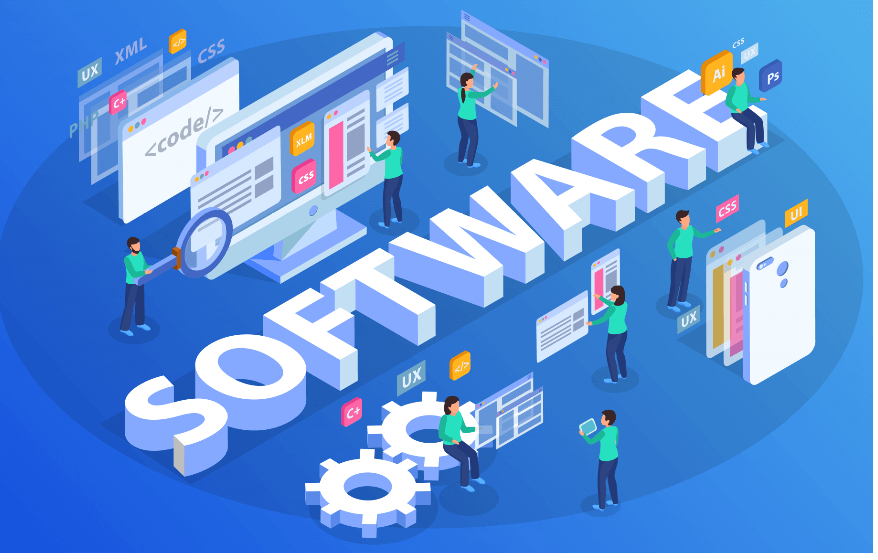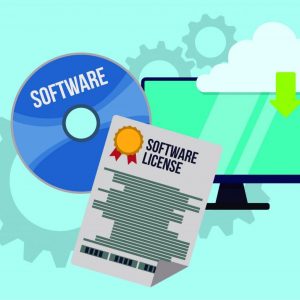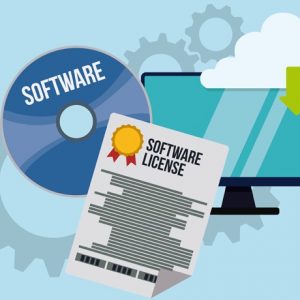What is the difference between Commercial Software and Closed Software? (Pros, Cons, Types of Licenses + More)
June 15, 2022

The difference between commercial software and closed software is that the first often allows for end-user customization since it is open-source software while the second does not, leaving the developer to make changes at their discretion.
Having the right software is crucial for any business or project. It’s essential to understand each software, such as commercial and closed software. Here we’ll provide the definitions, what makes them ideal, and potential issues you should know.
What is commercial software?
Any software or program designed and developed for licensing or sale to end-users serving a commercial purpose is commercial software. For a long time, commercial software was considered propriety software, where a company created a specific software to solve a problem or fill a gap. Afterward, the software would be licensed or sold to people or organizations needing that specific software. There is now free and open-source software licensed to the same end users, allowing for customization with more than one developer working on said software.
What is closed software?
Closed software refers to software with a source code that’s safe and encrypted. That means users cannot copy, modify, delete or manipulate any part of the code without a resulting consequence. Doing so typically leads to the voiding of the warranty or a person facing legal repercussions. In closed software, the creators handle development and bug fixes, and they are at liberty to decide whether or not to continue developing the software. That is, however, not always the case, with many examples spanning decades.
Pros and cons of commercial software and closed software + types
| Commercial software | Closed software | |
| Pros | -The software is open to the public
-It is purchased with a source code -The cost for the initial purchase is low but requires the purchasing of additional features/functionality -Has more frequent updates since there are many developers on the project |
-It is secure and encrypted and requires a valid and authenticated license to access and use the software.
-It is not purchased with a source code -The cost is high, but you pay upfront for full functionality -Contains a dedicated FAQ, manual, tickets, and support personnel with a quick response time |
| Cons | -There is no dedicated customer support, and one has to rely on forums or articles to get assistance | -Support could end anytime, leaving you with the last version produced
– The cost can be high |
| Types | Android, Alfresco, Firefox, Gimp, OpenOffice | Java, Adobe Flash, Skype, MS Office, MS Windows, Google Earth |
Conclusion
Commercial software, which is open software, is different from closed software based on functionality. Depending on the software’s popularity, many developers work to enhance open source software for all. On the other hand, closed software has the advantage that the company continues to create relevant updates and is with you every step if you have an issue.
FAQs
Can you use open-source software for commercial purposes?
Yes, all open-source software is available for use for commercial purposes.
Can I restrict people from using commercial software that’s open-source?
No. Open source allows people to modify and share the software; thus, one cannot place restrictions on them.

